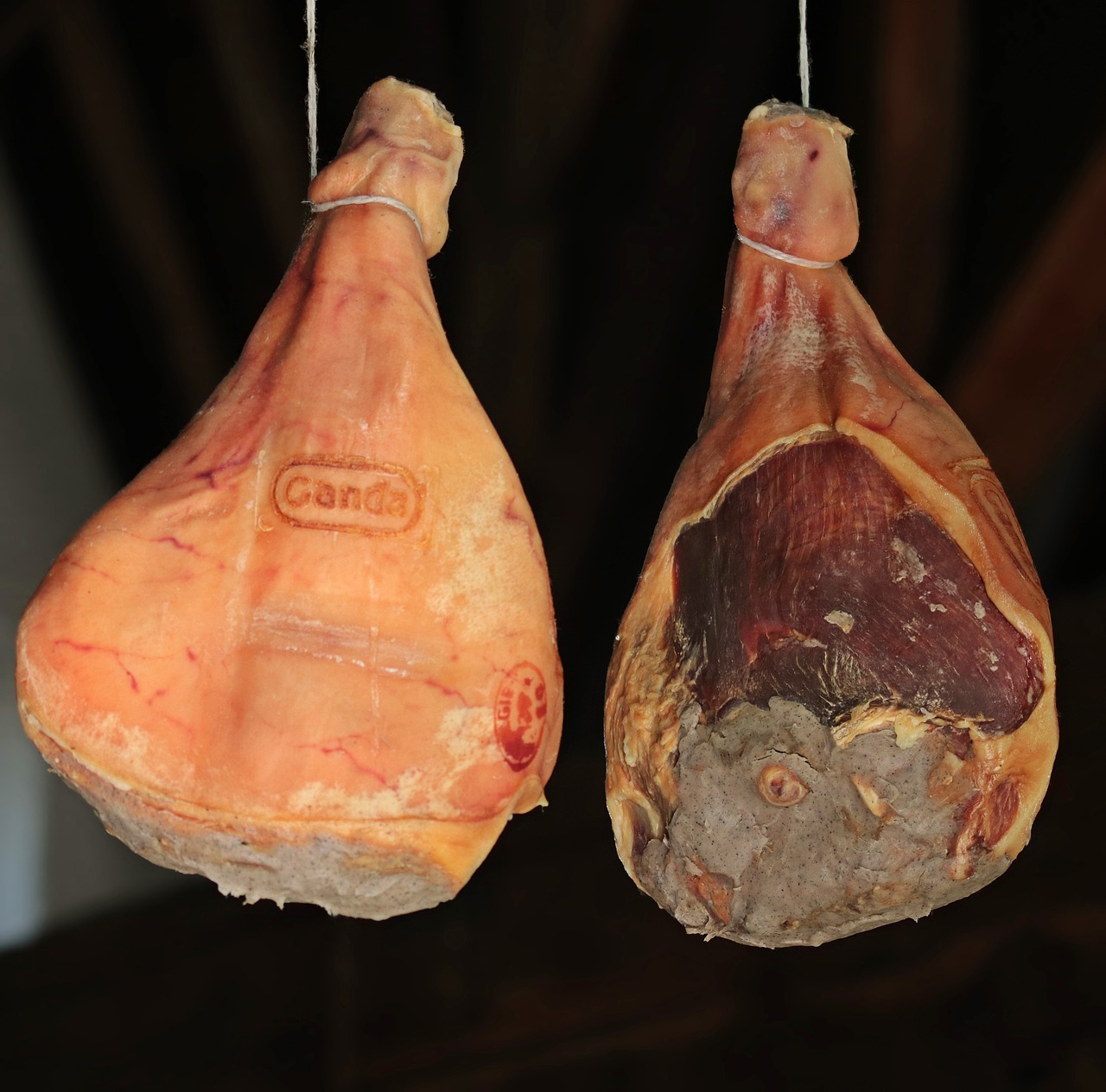The Surprising Health Benefits of Traditional African Fermented Beverages
Traditional African fermented beverages play a significant role in the culinary culture of the continent, with each region having its unique recipes and techniques. These beverages are typically made from a variety of ingredients such as grains, fruits, and tubers, which are left to ferment for a period of time, resulting in unique flavors and textures.
Fermented beverages in Africa are not only enjoyed for their taste but also hold cultural and social importance. They are often served during rituals, ceremonies, and gatherings as a way to celebrate and connect with tradition. Additionally, some fermented beverages are believed to have medicinal properties and are used for their therapeutic benefits.
• Fermented beverages in Africa are a significant part of the culinary culture, with each region having its unique recipes and techniques.
• Ingredients such as grains, fruits, and tubers are commonly used to make these beverages, which are left to ferment for a period of time.
• The fermentation process results in unique flavors and textures that contribute to the popularity of traditional African fermented beverages.
• These beverages hold cultural and social importance in African communities, often being served during rituals, ceremonies, and gatherings to celebrate tradition.
• Some fermented beverages are believed to have medicinal properties and are used for their therapeutic benefits in addition to being enjoyed for their taste.
History and Cultural Significance of Fermented Beverages in Africa
Fermented beverages in Africa have a long history dating back to ancient times. These traditional drinks were not only consumed for their taste and refreshment but also held significant cultural importance within various communities across the continent. Each region in Africa has its unique fermented beverages, often made from locally available ingredients and following specific recipes passed down through generations.
The cultural significance of fermented beverages in Africa extends beyond their consumption as mere drinks. These beverages are often used in traditional ceremonies, rituals, and celebrations, symbolizing unity, hospitality, and communal bonding. In many African societies, the art of brewing and serving fermented drinks is a skill passed down from one generation to another, playing a crucial role in preserving cultural heritage and traditions.
Nutritional Value of Traditional African Fermented Beverages
Traditional African fermented beverages are not only enjoyed for their rich cultural history, but also for their impressive nutritional value. These beverages are often packed with essential nutrients such as vitamins, minerals, and beneficial bacteria that support overall health and well-being.
What sets traditional African fermented beverages apart is their natural fermentation process, which enhances the bioavailability of nutrients and promotes gut health. These beverages are a great source of probiotics, which help improve digestion and boost the immune system.
What are some examples of traditional African fermented beverages?
Some examples include palm wine, sorghum beer, tchapalo, and ogi.
Why are fermented beverages popular in African culture?
Fermented beverages have a long history in African culture and are often consumed during social gatherings, ceremonies, and celebrations.
What are the health benefits of traditional African fermented beverages?
Traditional African fermented beverages are rich in probiotics, vitamins, and minerals, which can improve digestion, boost immunity, and promote overall health.
Are traditional African fermented beverages safe to consume?
When prepared and consumed properly, traditional African fermented beverages are generally safe to consume. However, it is important to ensure that they are made in sanitary conditions to prevent contamination.
How can traditional African fermented beverages be incorporated into a balanced diet?
Traditional African fermented beverages can be enjoyed in moderation as part of a balanced diet, alongside other nutritious foods and beverages.







